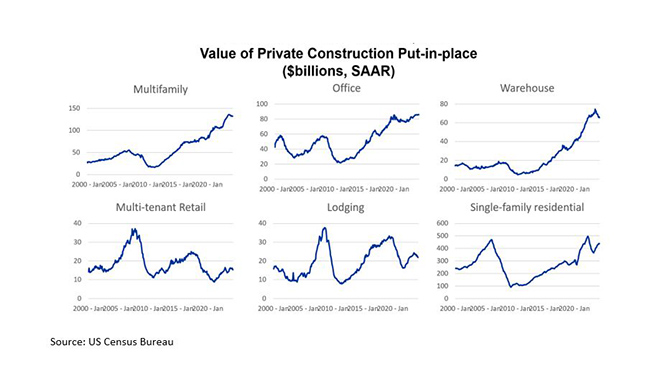Gunman who killed 5 people at LGBTQ+ club pleads guilty to federal hate crime

The gunman who killed five people at an LGBTQ+ nightclub in Colorado Springs, Colorado, pleaded guilty Tuesday to hate crimes and federal gun law violations.
Anderson Lee Aldrich, 24, made a deal with prosecutors accepting 74 federal charges for the November 2022 massacre at Club Q. Prosecutors chose not to seek the death penalty in an agreement announced in January. Aldrich is sentenced to multiple concurrent life sentences and an additional 190 years in prison.
U.S. District Judge Charlotte Sweeney, the first openly gay federal judge in Colorado, said she would wait until the end of sentencing hearings to accept the agreement.
Sweeney also pointed out that restitution would be required from the victims and that this would be determined at a later date.
“The admission that these were hate crimes is important to the government, and it is important to the Club Q community,” said federal prosecutor Alison Connaughty.
Connaughty added that Club Q, which was open for 22 years before the shooting, was more than just a bar in Colorado Springs, a conservative city.
“It’s a special meeting place for anyone who needs community and that safe place,” she said. “We met people who said, ‘This place saved my life and I was able to feel normal again.'”
Last summer, Aldrich pleaded guilty to 50 counts at the state level and was sentenced to more than 2,000 years in prison, one of the longest sentences in Colorado history. The shooter is currently serving the first of five consecutive life sentences without the possibility of parole.
Ashtin Gamblin, who was shot nine times at Club Q, spoke at today’s hearing, arguing that Aldrich should be sentenced to death even if the sentence is not carried out. Gamblin remembered her friend Daniel Ashton, who was the first to be killed in the massacre. “I’m alive today because of him,” she said.
Shortly before midnight on November 19, 2022, Aldrich opened fire with an assault weapon on patrons of the popular LGBTQ+ nightclub, killing five people and injuring more than 19. The Justice Department described the shooting as a “random, deliberate, malicious and planned attack” motivated by Aldrich’s hostility toward LGBTQ+ people.
During hearings in last year’s case, prosecutors noted that Aldrich ran a website that posted a shooting training video featuring “neo-Nazi white supremacists.” A police detective also testified that the shooter used homophobic and racist slurs while playing online video games and posted a picture of a rifle scope aimed at a Pride parade.
According to court documents, public defenders said Aldrich is nonbinary and uses they/them pronouns. A close friend of Aldrich told NBC he believes the shooter is “trolling” the courts and media to “make a show and a mockery of it and confuse everyone involved.”
Prosecutors said Aldrich visited Club Q at least six times before the shooting, based on evidence from credit card statements, scans of her IDs at the bar and interviews with people who met Aldrich there.
The shooter said that their mother had previously forced them to go to the LGBTQ club “against” their will and “kind of forced that culture on them.” An acquaintance told investigators that Aldrich said her mother, Laura Voepel, was nonbinary.
Colorado Springs District Attorney Michael Allen said the threat of the death penalty was “a significant reason for the defendant” to plead guilty to the state’s hate crimes and gun law violations.
The case’s finale comes after several weeks of increasing threats from right-wing agitators against LGBTQ+ people and events during Pride Month. This year marks the third consecutive year that record-breaking anti-LGBTQ bills have been introduced in state legislatures.
This month, the Colorado Republican Party called for all Pride flags to be burned. In New York City, more than 150 Pride flags were destroyed at Stonewall National Monument for the second day in a row. And in Alaska, Texas, New York and Massachusetts, there were bomb threats against drag events in libraries and restaurants.
Last year, there were at least 145 incidents of harassment, vandalism and assault against LGBTQ+ people and events during Pride Month, according to a report by LGBTQ+ media organization GLAAD.
This is a developing story. Check back later for updates.



